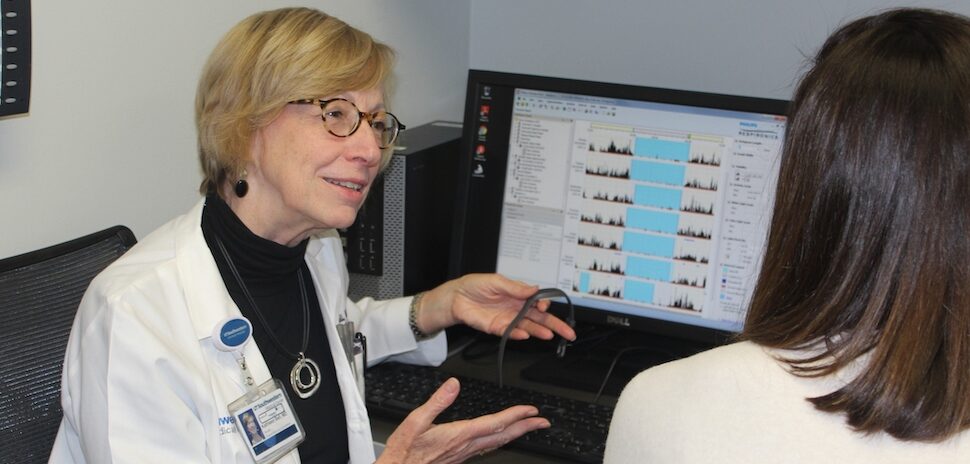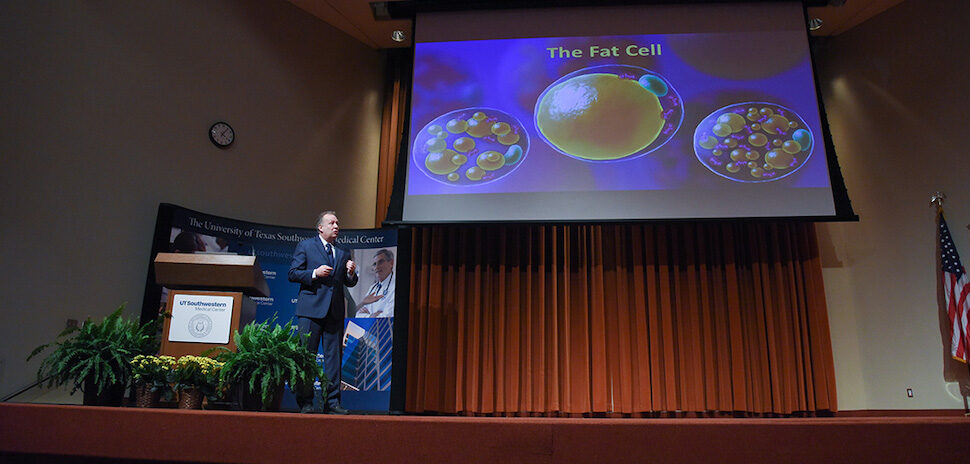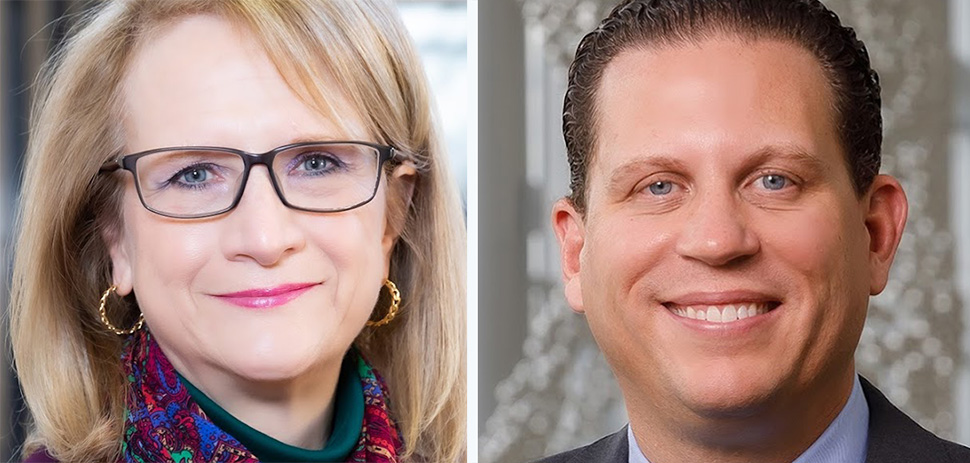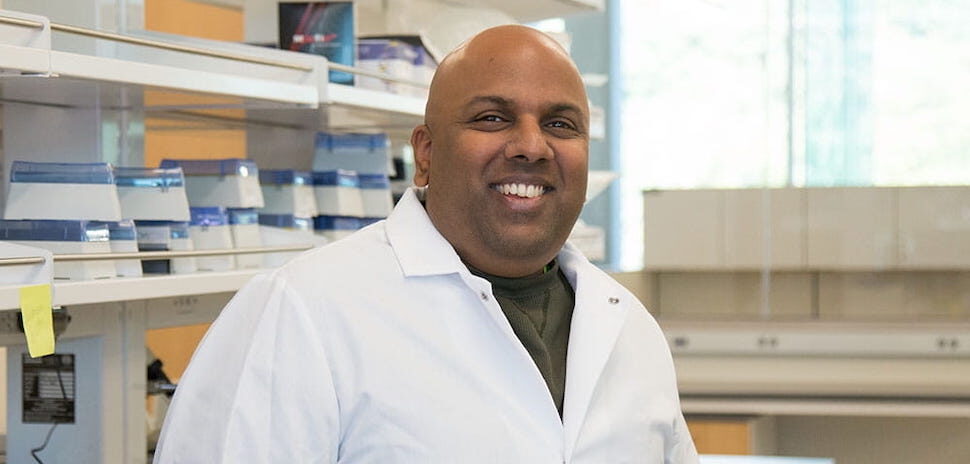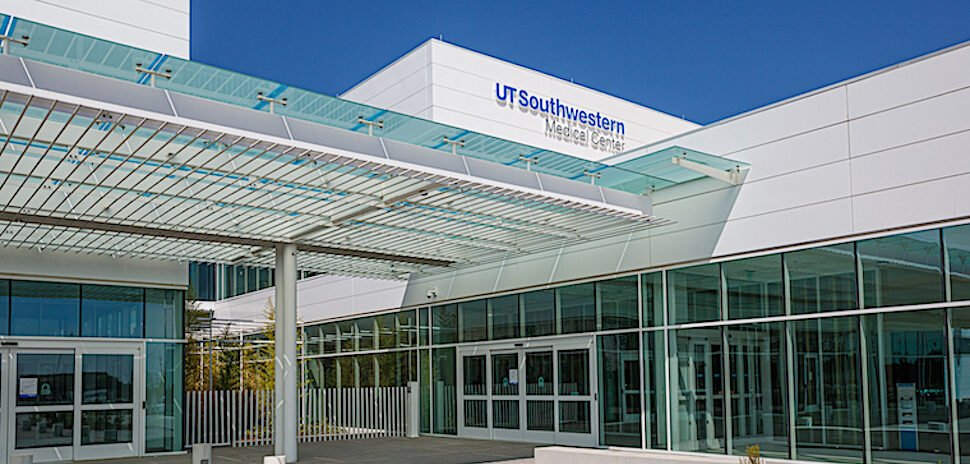An associate professor of pharmacology at UT Southwestern Medical Center in Dallas will receive the 2023 Edith and Peter O’Donnell Award in Biological Sciences from The Academy of Medicine, Engineering and Science of Texas (TAMEST) for increasing the understanding of schistosomiasis, a disease caused by parasitic worms that infect hundreds of millions of the world’s poorest people, including children.
James Collins III was the first person to be able to set up the culture conditions to track the reproductive cycle of the worms without having to pass it through a host, UTSW said.
“The only current treatment for schistosomes targets the worms themselves, not the eggs that can survive 30 years in the body, creating a debilitating cycle in patients even with treatment,” nominator David J. Mangelsdorf, Ph.D., Alfred G. Gilman Distinguished Chair of Pharmacology at UT Southwestern, said in a statement. “Dr. Collins is a bold visionary who has not only identified new therapeutic avenues against these parasites by focusing instead on the eggs and reproduction, but he has uncovered new paradigms in cell signaling and developmental biology as well. He and his team have laid the groundwork toward something that will eventually break the cycle of egg laying and provide a better outlook for the disease.”
The annual awards are presented by TAMEST to recognize the achievements of early career Texas investigators in science, medicine, engineering, and technology innovation. Collins is the 16th scientist at UT Southwestern to receive an O’Donnell award since TAMEST started it in 2006.
Groundbreaking research could help millions
Schistosomes are parasitic worms that live in certain types of freshwater snails and enter an individual when skin encounters contaminated freshwater through wading, swimming, bathing, or drinking, UTSW said. The disease affects almost 240 million people a year and is second only to malaria as the world’s most devastating parasitic disease, according to the Centers for Disease Control and Prevention.
It’s a disease that gets progressively worse over time because the female parasitic worms lay millions of eggs inside the host causing debilitating inflammatory responses and scarring as more and more eggs get trapped in the liver, intestines, or even the brain, UTSW said. Then, after years of infection, the parasite can also damage the liver, intestines, lungs, and bladder as well as cause anemia, malnutrition, and learning difficulties in children.
UTSW said that Collins was the first to be able to set up the culture conditions to monitor the reproductive cycle of the worms without having to pass it through a host.
That accomplishment has transformed society’s understanding of schistosomes by discovering and isolating the pheromone or signal used when male worms contact a female. UTSW said that experts think that understanding and isolating the exchange provides an important new direction for the field and may cause relief to the millions it affects each year in developing nations.
Identifying rising stars in Texas research
Each year, the Edith and Peter O’Donnell Awards recognize rising-star Texas researchers who are addressing the essential role that science and technology play in society, and whose work meets the highest standards of exemplary professional performance, creativity, and resourcefulness, UTSW said. The Edith and Peter O’Donnell Awards are made possible by the O’Donnell Awards Endowment Fund that was established in 2005 via the support of several individuals and organizations.
“The Edith and Peter O’Donnell Awards aim to identify rising stars in Texas research to support their careers moving forward and there is no question that this year’s recipients are incredible researchers who epitomize the Texas can-do spirit,” Edith and Peter O’Donnell Committee Chair Ann Beal Salamone, chairman of the board at Rochal Industries, said in a statement. “Our elite group of past O’Donnell recipients have a spectacular track record of going on to national academy election and benefiting from the mentorship and awareness these awards bring to the groundbreaking research happening in our state. These recipients fit into the same mold, and we can’t wait to see to see where their discoveries lead and hope to welcome them as TAMEST Members in the years to come.”
UTSW said that the 2023 recipients will be honored at the 2023 Edith and Peter O’Donnell Awards Ceremony on May 24 and will give presentations on their research preceding the award ceremony at the TAMEST 2023 Annual Conference, Forward Texas – Accelerating Change, at the InterContinental Medical Center in Houston.
![]()
Get on the list.
Dallas Innovates, every day.
Sign up to keep your eye on what’s new and next in Dallas-Fort Worth, every day.


